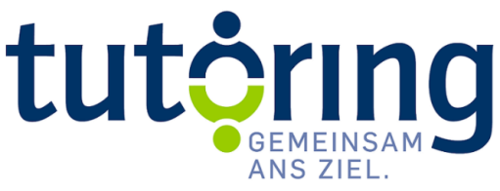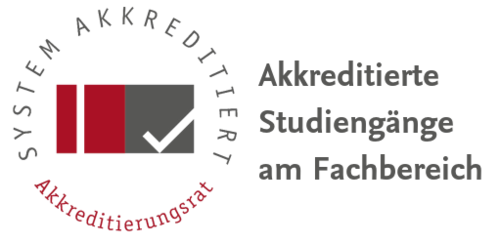KEYNOTE: Arabic Lingua Franca and Popular Philosophy — Beatrice Gruendler
Translation and Multilingualism in the Premodern Islamic World(s) is organized by AGYA members Hany Rashwan (United Arab Emirates University, UAE) and Florian Zemmin (Freie Universität Berlin, Germany). The conference is part of a tandem project within the Arab-German Young Academy of Sciences and Humanities (AGYA).
About AGYA:The Arab-German Young Academy of Sciences and Humanities (AGYA) is based at the Berlin Brandenburg Academy of Sciences and Humanities (BBAW) in Germany and at the Academy of Scientific Research & Technology (ASRT) in Egypt. It was established in 2013 as the first bilateral Young Academy worldwide. AGYA promotes research cooperation among outstanding early-career researchers from all disciplines who are affiliated with a research institution in Germany or in any Arab country. The academy supports the innovative projects of its members in various fields of research as well as in science policy and education. With members and alumni in currently 18 Arab countries and Germany, AGYA enjoys strong relations in various research ecosystems, promoting and supporting Arab-German research exchange and North-South-South cooperation. AGYA is funded by the German Federal Ministry of Education and Research (BMBF) and various Arab and German cooperation partners. www.agya.info
Abstract: The role of Arabic as a lingua franca for the transfer of knowledge in the premodern world was not limited the well-known sciences, from astronomy to zoology, but extended to the popular sciences as well. Here belongs Kalīla wa-Dimna, the most widespread example of a group of texts that had moved from India via Persia to West Asia, North Africa and Europe as early as the thirteenth century CE. This work of popular philosophy and practical ethics provides an instructive case of both intralingual and cross-lingual translation. Within Arabic, Kalīla wa-Dimna was repeatedly versified; beyond Arabic, its earliest translations into Old Castilian, Hebrew, Latin, Greek, Syriac, and New Persian remained either remarkably close to some Arabic version or thoroughly rewrote it. Both remediation and translation warranted the ascription of authorship to the versifier or translator—replacing the older Arabic translator-adaptor Ibn al-Muqaffaʿ—and altered the book’s religious and ideological message in response to diverse cultural contexts.
Time & Location
Nov 15, 2024 - Nov 16, 2024
Freie Universität Berlin
Faculty of History and Cultural Studies
Institute of Islamic Studies
Fabeckstraße 23/25, 14105 Berlin-Dahlem
Recording and upload of all conference sessions on YouTube.


